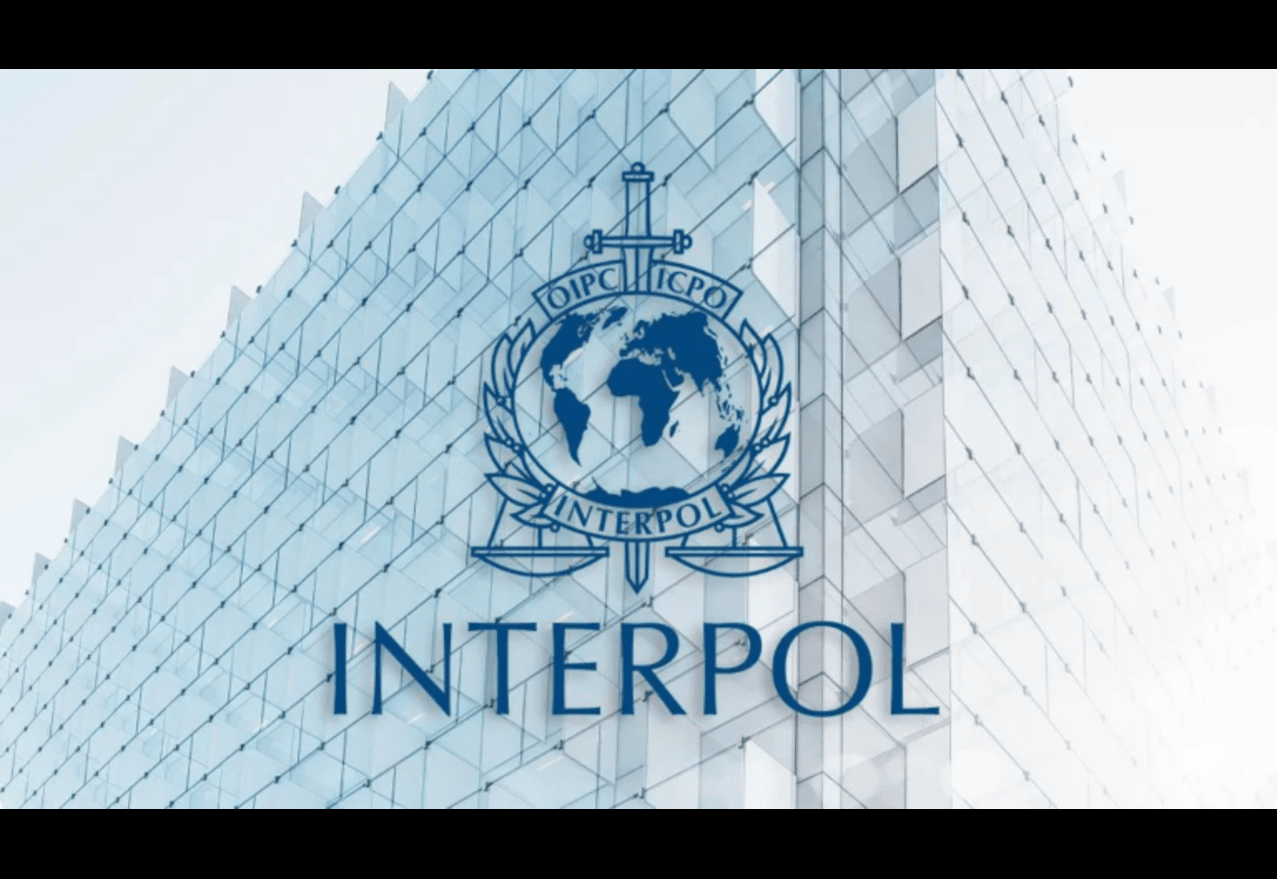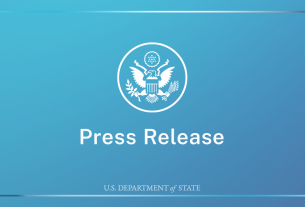In an unprecedented global operation, nearly 20,000 live animals—ranging from big cats and primates to reptiles and birds—have been seized in a major effort to combat wildlife trafficking. Operation Thunder 2024, running from November 11 to December 6, involved authorities from 138 countries and regions, marking the largest collaboration since the initiative began in 2017. Coordinated by INTERPOL and the World Customs Organization (WCO), the operation targeted illegal wildlife and forestry trade, focusing on species protected under the Convention on International Trade in Endangered Species (CITES).
During the operation, authorities arrested 365 suspects and identified six transnational criminal networks responsible for trafficking protected species. The operation uncovered the complex web of global trafficking networks that cater to the demand for endangered species for various purposes, including luxury items, pets, and traditional medicine.
Among the animals rescued were 18 big cats, including tiger cubs seized in the Czech Republic, and over 5,800 turtles confiscated in Tanzania. Other notable seizures included 12 live pangolins in Mozambique, 33 primates in Chile, and over 1,700 reptiles in Australia. These animals were sent to conservation centers, where they underwent health assessments and were prepared for repatriation or rehabilitation.
In addition to live animals, the operation led to the seizure of significant quantities of wildlife products, including protected animal parts, timber, plants, and marine life. Many of these seizures occurred at sea cargo ports and airports. The investigation also highlighted the growing use of online platforms for wildlife trafficking, with traffickers operating multiple profiles to broaden their reach.
One of the critical components of Operation Thunder was the collection of DNA samples from seized animals, aiding in the identification of species and their origins. This forensic data is vital for prosecuting traffickers and identifying emerging trafficking routes.
Valdecy Urquiza, INTERPOL’s Secretary General, emphasized the devastating impact of illegal wildlife trade, noting that it contributes to biodiversity loss, climate change, and global instability. Ian Saunders, WCO Secretary General, echoed these concerns, highlighting the need for continued cooperation among international law enforcement agencies to combat this growing crime.
Through collective international efforts, Operation Thunder 2024 has delivered a significant blow to wildlife trafficking networks, demonstrating the power of global collaboration in protecting endangered species and preserving biodiversity for future generations.
Interpol Logo by Dmytro Konovalenko on Interpolstop



